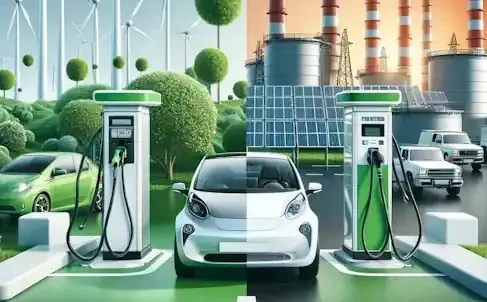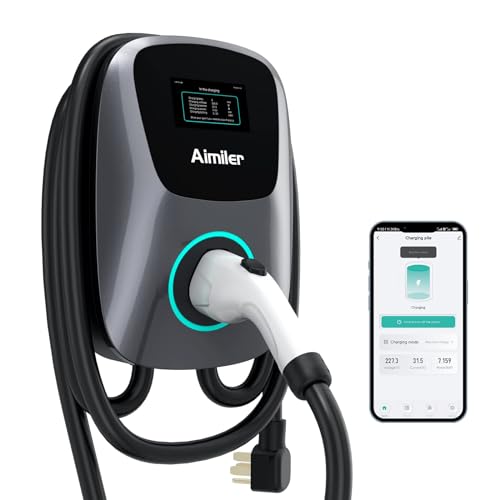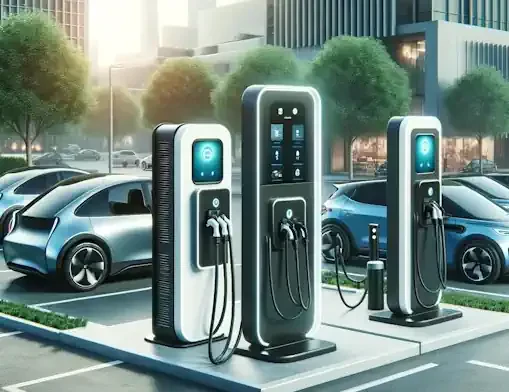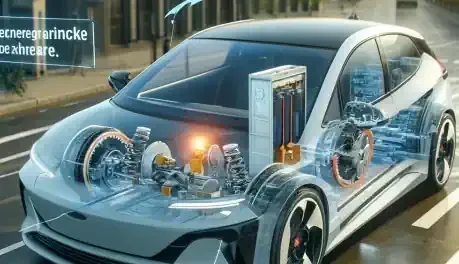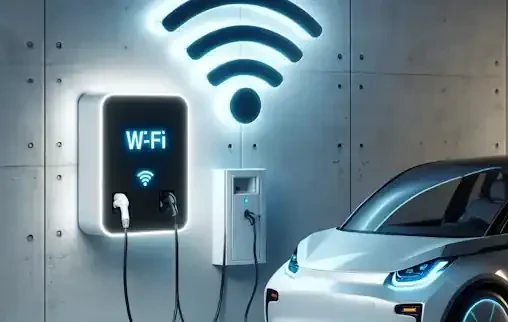In the rapidly evolving landscape of automotive transportation, the shift from gasoline to electric vehicles (EVs) represents a pivotal change. This transition not only reflects advancements in technology but also a collective move towards more sustainable living practices. One of the most discussed aspects of this shift is the cost comparison between charging an electric vehicle and fueling a traditional gasoline car. Understanding this cost dynamic is crucial for consumers contemplating the switch to EVs, as well as for policymakers and businesses involved in the automotive and energy sectors.
The Economic Perspective
The cost of operating a vehicle, whether electric or gasoline-powered, encompasses several factors, including the initial purchase price, maintenance, and the cost of fuel or electricity. While electric vehicles often have a higher upfront cost, their maintenance expenses and the cost of charging are typically lower than those associated with gasoline vehicles. This section delves into the nuances of these costs, providing a clearer picture of the long-term financial implications for owners.
Charging an Electric Vehicle: Costs Unplugged
Charging an electric vehicle involves converting electricity from the grid into stored energy that powers the vehicle's motor. The cost of this electricity varies significantly across different regions, influenced by local energy prices, the source of electricity, and the time of day the charging occurs. On average, the cost to charge an EV can range from less than $0.10 per kWh during off-peak hours to over $0.20 per kWh during peak times. Considering an average EV efficiency of about 4 miles per kWh, the cost per mile can be remarkably low compared to gasoline vehicles.
A practical example illustrates this point: Charging a 60 kWh EV battery (with a range of approximately 240 miles) fully at an average cost of $0.13 per kWh would amount to $7.80. This cost is significantly lower when compared to filling a gasoline car's tank, which offers a similar range.
Fueling with Gasoline: The Traditional Route
The cost of gasoline fluctuates based on crude oil prices, taxes, and regional distribution costs. As of my last update, the national average for a gallon of gasoline in the United States hovered around $3.00. For a car with an average fuel economy of 25 miles per gallon, driving 240 miles would require about 9.6 gallons of gasoline, totaling approximately $28.80—a stark contrast to the cost of charging an EV.
The Broader Economic Implications
Beyond individual cost savings, the widespread adoption of electric vehicles could lead to significant reductions in greenhouse gas emissions, contributing to environmental sustainability and potentially reducing healthcare costs associated with pollution. However, the transition also poses challenges for traditional automotive industries and oil-dependent economies, necessitating strategic adjustments to embrace new energy paradigms.
Environmental Considerations
The environmental impact of electric and gasoline vehicles extends beyond their operational emissions. The production and disposal of EV batteries, the generation of electricity, and the extraction and refinement of crude oil all contribute to their environmental footprints. However, even accounting for these factors, electric vehicles generally offer a cleaner alternative to gasoline cars, especially as the grid becomes increasingly powered by renewable energy sources.
Future Outlook
As technology advances and the cost of batteries continues to decline, electric vehicles are expected to become more affordable, further enhancing their appeal. Additionally, improvements in charging infrastructure and faster charging technologies will address current limitations, making EVs more convenient for a broader range of consumers.
The transition from gasoline to electric vehicles is not just a matter of cost comparison but a complex interplay of economic, environmental, and social factors. While electric vehicles offer a promising path toward reducing transportation-related emissions and dependency on fossil fuels, achieving a sustainable automotive ecosystem will require concerted efforts from governments, industry stakeholders, and consumers alike.
In conclusion, the choice between electric and gasoline vehicles encompasses a variety of considerations, including but not limited to cost. The initial higher investment in an EV can be offset by lower operating and maintenance costs, alongside the intangible benefits of contributing to environmental sustainability. As the automotive landscape continues to evolve, the decision-making process for consumers will increasingly lean towards electric vehicles, signaling a significant shift in the way we think about transportation and energy consumption.
Lectron 110V Level 1 EV Charger + Extension Cord
Efficiently charge your electric vehicle at home with the Lectron 110V Level 1 EV Charger and included Extension Cord
Product information
PLN 727.71 PLN 661.52
Product Review Score
4.21 out of 5 stars
139 reviews